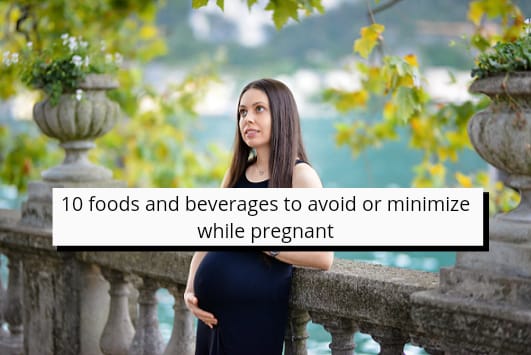
When you’re pregnant, a lot of the foods and beverages are bad for your health and have a tendency to taste really good. You might find yourself craving them even though it’s not recommended! But there are some things you should avoid entirely or at least limit in order. Certain foods & beverages should only be consumed rarely, while others should be avoided completely. Here are ten foods and beverages to avoid or minimize while pregnant.
1. Alcohol
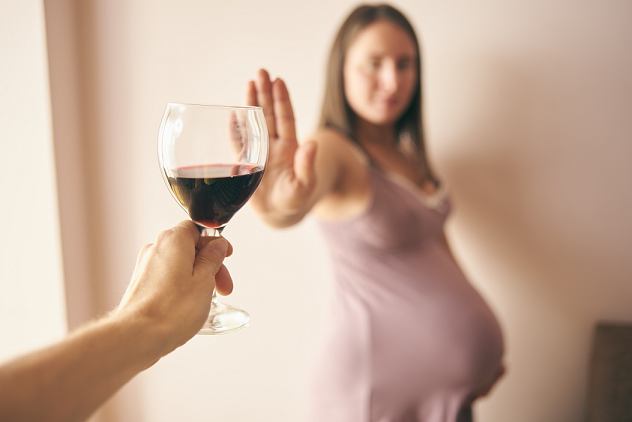
As in previous pregnancies, you may have had one too many glasses of champagne on your wedding night, but it is best to avoid alcohol during pregnancy altogether. Not only will an expectant mother need to take in less food and drink than usual due to morning sickness, but she also needs to watch what she eats and drinks more closely than ever before. There is no known safe amount of alcohol that can be consumed safely during pregnancy. According to the National Institute on Alcohol Abuse and Alcoholism, exposure to even small quantities of alcohol at any point during pregnancy may lead to a child’s development being affected. Alcohol consumption during pregnancy has been linked to Fetal Alcohol Syndrome (FAS), a condition that can cause growth deficiencies, central nervous system problems, and facial abnormalities.
2. Unpasteurized dairy foods, Cheeses, Soft unprocessed cheeses, Yogurt, Milk, Sour cream
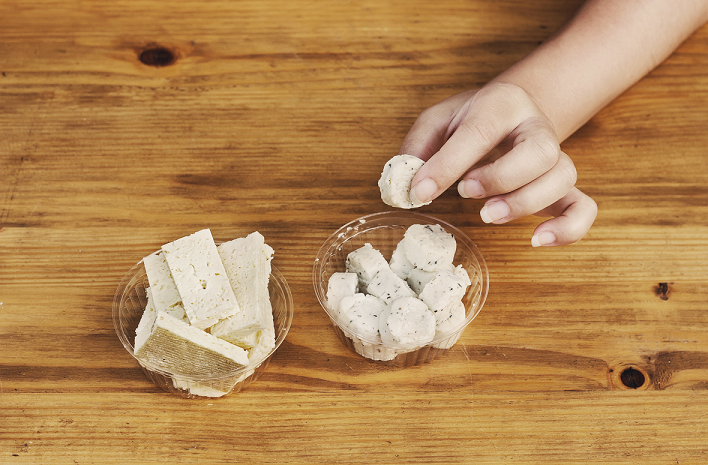
It may be tempting to indulge in soft, unpasteurized cheese or ice cream when you’re pregnant and feeling nauseous, but this could pose certain health risks. Raw foods of any kind should be avoided during pregnancy as they pose the risk of food poisoning, which could affect your unborn baby. If you want to enjoy those foods once your baby is born, make sure you use pasteurized versions instead.
3. Liver and liver products – Pate, Stews, Soups
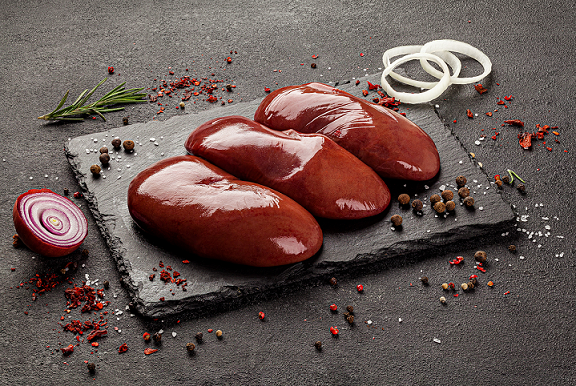
All foods made with liver should be consumed only occasionally during pregnancy. While foods such as pork and beef liver or chicken livers are considered nutritious foods for growing children, consuming these foods too often is not safe during pregnancy. These foods contain high levels of retinol, a vitamin A derivative that can cause birth defects if taken in large doses by expectant mothers. Also, avoid foods that contain Vitamin A derivatives such as cod liver oil and other fish oils supplements. However, occasional consumption of low-fat milk and dairy products is fine. Just make sure the milk you’re drinking has been pasteurized to kill any bacteria that may have got into it while it was being processed. It’s thought that pregnant women should limit foods containing retinol to a maximum of 1,000 micrograms per day.
4. Processed foods – Canned foods, Frozen foods, Packaged foods

These foods have been processed using many ingredients that pregnant women need to avoid during pregnancy. Always read the labels on packaged foods before you buy them and check their list of ingredients to make sure they contain no additives or preservatives, which could be harmful to your baby. Since most processed foods are consumed in large amounts these days, it is best not to include such items as part of your daily diet while trying to conceive and during pregnancy.
5. Unwashed Fruits and Vegetables – Sprouts, Ripe soft fruits, Soft Cheeses, Pate

The foods you eat should be thoroughly washed before consumption to avoid food poisoning during pregnancy. Wash all vegetables and fruits with clean water, even if they are organic. Make sure you wash foods like lettuce well under running water before eating them. Avoid foods that could be difficult to wash, such as sprouts or berries, which can contain bacteria that cause listeriosis (Listeria infection). Also, avoid foods like pâté, which may contain Listeria too, no matter how carefully it is prepared.
6. Uncooked meats, Raw fish, Undercooked meats

Unprocessed red meat (beef, lamb, veal) should not be eaten raw or undercooked during pregnancy, nor should foods with uncooked meat in them, such as sushi or steak tartare. Always use foods with cooked meat properly, and try to eat foods that are thoroughly cooked. Cook foods like minced beef so there is no pink meat left when you cut into the middle of the dish.
7. Soft-boiled eggs, Raw eggs, Powdered egg whites
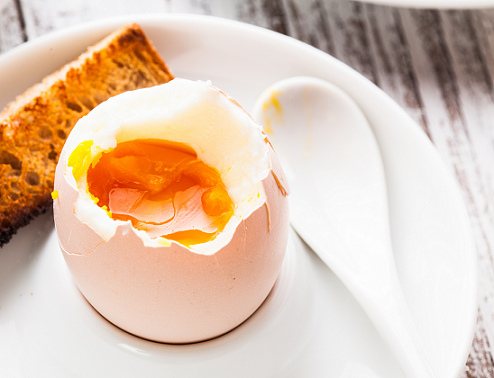
At any point during pregnancy, foods that contain raw eggs should be avoided. This includes foods like homemade mayonnaise and ice cream, mousse, cakes and biscuits, which may contain raw egg products. Make sure foods containing eggs are not served until they have been cooked properly without allowing the egg to remain runny or uncooked at all. If you would like to consume foods containing runny yolks, use foods that have been pasteurized instead. Raw foods like mayonnaise and ice cream should be avoided during pregnancy. If you would like to eat foods containing raw eggs, choose foods made with pasteurized eggs instead.
8. Alcohol, Soft drinks, Energy Drinks, Herbal Teas

During pregnancy, alcohol consumption can cause fetal abnormalities and low birth weight babies. Avoid any foods or drinks which contain alcohol even in small amounts. Some soft drinks may contain caffeine which is also known to cause birth defects if consumed in large amounts, but this depends on the brand of drink. Check your local supermarket for soft drinks which do not contain caffeine. Limit caffeinated beverages to no more than 2 cups (16 fl oz) per day.
9. Spicy foods Soft drinks containing caffeine – Foods high in Vitamin C
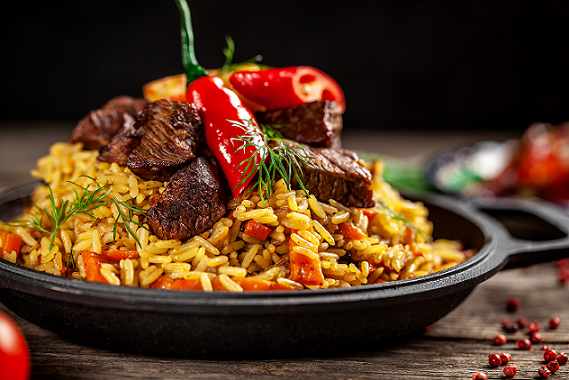
Avoid foods that are too spicy during pregnancy. Some foods contain spices that can cause miscarriages or low birth weights. Spicy foods should only be eaten in small quantities or avoided altogether. Limit caffeinated drinks to no more than 2 cups (16 fl oz) per day. You should also limit foods high in Vitamin C like oranges and papaya, as they may interfere with iron absorption.
10. Salt – Foods high in iodine, Seafood

Salt is found in most foods but not the foods you eat very often like meat, vegetables, and pasta. Try to avoid foods high in salt altogether during pregnancy, or at least limit them to 6 grams of salt per day. Foods that are high in iodine include foods like foods containing iodized salt, seaweed and foods that contain fish. Also, avoid foods high in selenium as they may cause birth defects such as goiter, as well as foods that are high in toxicity, such as meat from animals that have been fed foods that could be toxic to the human body.









































